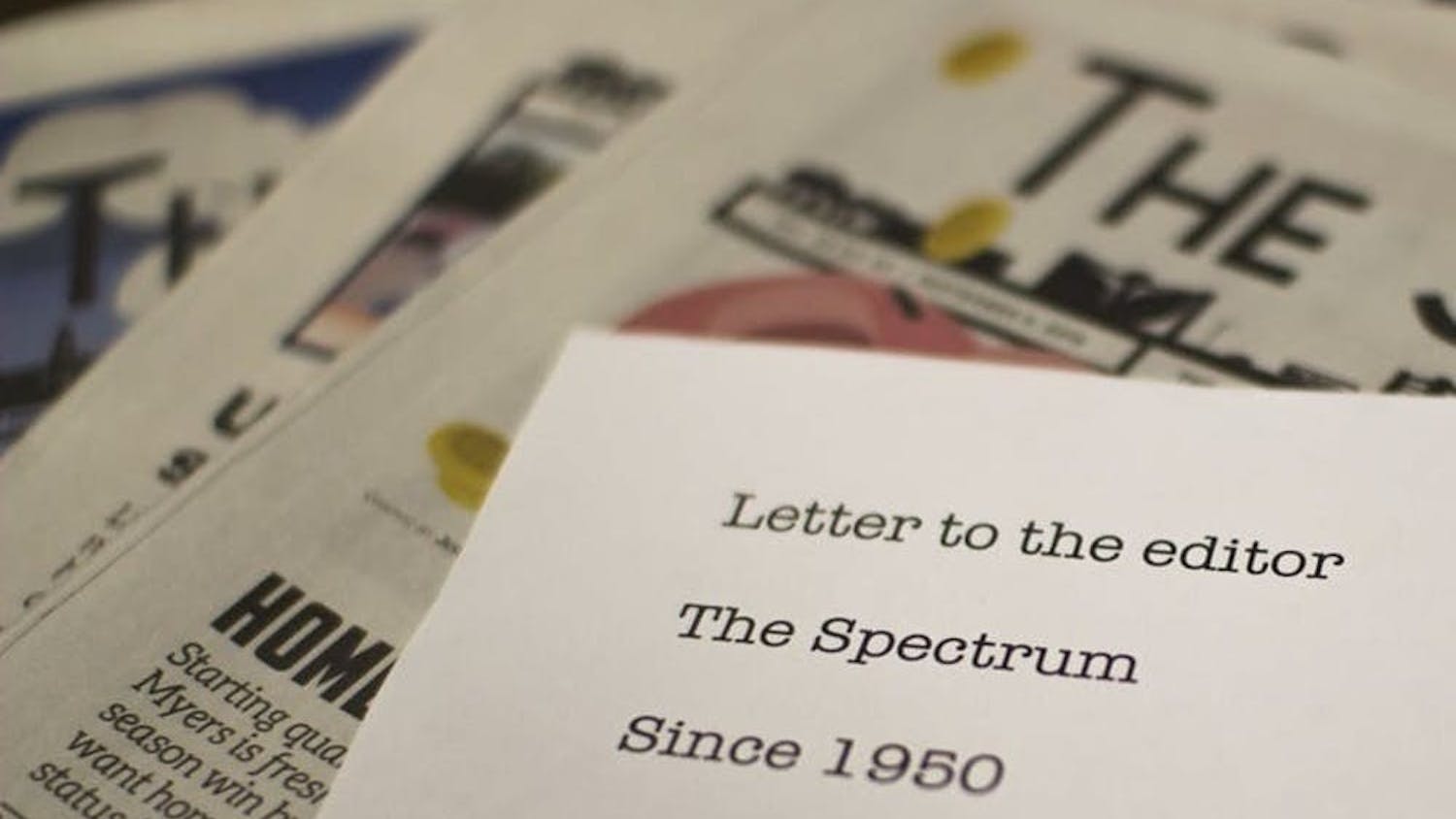This past Sunday, thousands of area Catholics attended mass to honor the death and rising of their savior, Jesus Christ.
Thousands of other Catholics did not attend the same services.
According to a story that ran in The Buffalo News, the estimated number of Catholics in the Buffalo area dropped 12.7 percent between 2000 and 2010—a drop four times greater than the region's general population loss during those years.
In addition, the number of Catholics registered at parishes within the diocese fell by 19 percent.
What do those numbers mean and why have they so rapidly declined?
According to the same story in The Buffalo News, no one "has a good handle" on how many nominal Catholics are in the Western New York area, but Sister Regina Murphy, director of research and planning for the Diocese of Buffalo, said it's a huge number. In this area, where Catholicism is considered to be the most prominent religion, that 12.7 percent seems to be a great drop.
Just because a person is registered as a parishioner does not mean he or she regularly attends mass, if at all.
Some members attend church regularly, making time for Sunday mass every week. Some members only attend mass on holidays and holy days. Some members haven't attended mass in weeks, months, or even years.
There could be many reasons why church members aren't attending mass.
It could be lack of time; certainly society is moving at a faster pace and most people can hardly even find free time for a family meal. Some adults work two jobs to keep their children clothed and fed and cannot afford to lose a paycheck while sitting in mass.
It could be that many are lazy and just do not see the point of waking up early on Sunday mornings.
Being raised in a Buffalo Catholic family, I've also noticed the apathy towards faith in this area. Society is becoming increasingly secular; as times modernize, so does the view of religion in society.
Many people don't consider themselves Catholic, or even religious, because they don't agree with every part of the Catholic Church's teachings. For example, they may not agree with the church's stance on gay rights, but may agree with its views on the death penalty.
These members pick and choose their beliefs and may not attend mass or participate in religion for fear of judgment by more devout members. They may fear retribution and slowly shy away from any connection to the church.
Some people do not believe in organized religion and prefer to practice their beliefs on their own terms. The rigid structure of a Sunday service can seem daunting and over-bearing to those who choose not to participate.
Whatever the reasons for the drop in attendance may be, the Catholic Church must learn to accept this changing society and work towards welcoming those of all commitment levels to services.
In return, members who have strayed must be willing to give the church a second chance.
Faith is a hard thing to pinpoint and many people struggle their entire lives to develop a relationship with any higher being. The number of people filling the seats should not determine the strength of a society's faith.
Email: rebecca.bratek@ubspectrum.com



